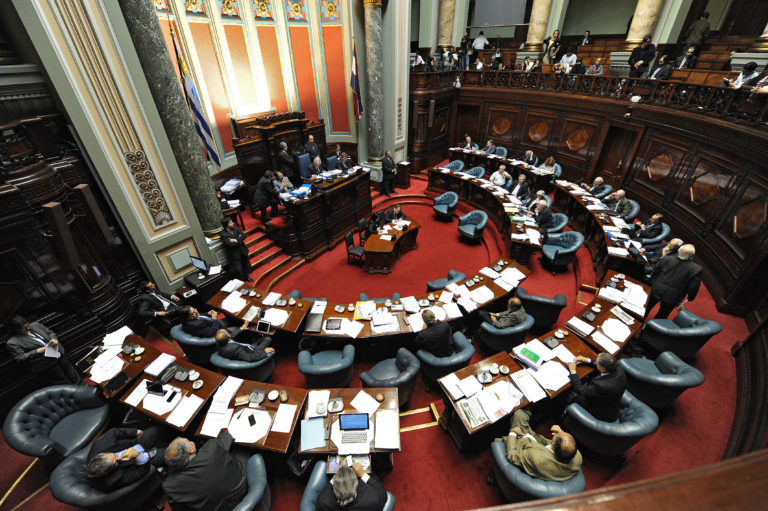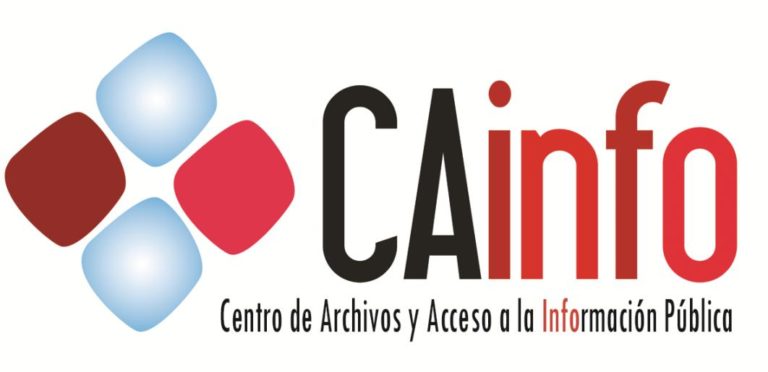(WPFC/IFEX) – The following is a 15 July 2008 WPFC letter to President Tabaré Vázquez: President of the Oriental Republic of Uruguay Dr. Tabaré Vázquez Edificio Libertad Presidencia de la República Avda. Luis Alberto de Herrera 3350 Montevideo, Uruguay Dear Mr. President: The World Press Freedom Committee ( http://www.wpfc.org ), an organization representing 45 press […]
(WPFC/IFEX) – The following is a 15 July 2008 WPFC letter to President Tabaré Vázquez:
President of the Oriental Republic of Uruguay
Dr. Tabaré Vázquez
Edificio Libertad
Presidencia de la República
Avda. Luis Alberto de Herrera 3350
Montevideo, Uruguay
Dear Mr. President:
The World Press Freedom Committee ( http://www.wpfc.org ), an organization representing 45 press freedom groups from throughout the world, congratulates you on your decision to submit a bill eliminating insult laws and decriminalizing defamation laws in your country. But at the same time, we need to call your attention, and that of the leaders of the Uruguayan Parliament, to the imperfections of this initiative.
The bill would eliminate the crime of insult, whether written or spoken, and expressly states that no one shall be punished for expressing his or her discrepancies with a public official. Also, the crimes of insulting the national symbols and attacks against the honor of foreign heads of state shall be eliminated.
The initiative would correctly decriminalize defamation when those expressions refer to “issues of public interest involving both public officials and public persons who, because of their profession or activity, enjoy a social relevancy or any person who has chosen to be involved in public affairs.”
The bill also respects the concept of real malice as a fundamental standard to evaluate these matters, which would also protect inaccurate expressions by “considering the real will of a person to aggravate or violate the privacy of another person.”
All these provisions of your bill take “the established international standards of human rights” into consideration, as the text of the bill reads.
Several other provisions of your bill, however, do not take such standards into consideration. Firstly, the bill still contemplates the crime of insult when it comes to “real offenses,” an extremely wide concept that leaves the door open for any public official who feels tempted to invoke these obsolete, elitist laws.
Insult laws constitute an effective weapon of intimidation and repression of the free flow of ideas and expressions. These laws are the legacy of a colonial or autocratic past that found their origins in the Roman Empire, which created them to shield the emperor from the criticism of the people. Furthermore, insult laws exist in defiance of the inter-American justice system, which, through the Inter-American Commission on Human Rights and the Special Rapporteur of Freedom of Expression, has declared them “contradictory” to Article 13 of the American Convention on Human Rights, to which Uruguay is a signatory.
Secondly, the bill charges the author of the speech with the burden of proof. The opinions and jurisprudence of the inter-American system of justice, as well as those of the European Court of Human Rights, oppose this legal situation and advocate that the plaintiff be charged with this responsibility.
And thirdly, the bill “acknowledges the right of any person to reply to the media, in similar conditions to those of the published item that needs to be replied.” This provision leaves the door open to abusive requests for reply that unreasonably infringe on editorial independence.
Mr. President, again we congratulate you for your show of political courage in introducing this bill, but we also urge you and the leaders of the Uruguayan Parliament to abide completely to “the established international standards of human rights” and to reform the conflicting provisions of your bill that we have listed in this letter.
Respectfully,
E. Markham Bench
Executive Director
World Press Freedom Committee


